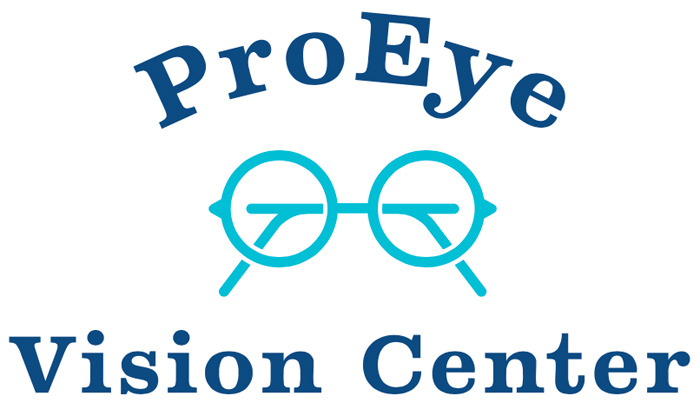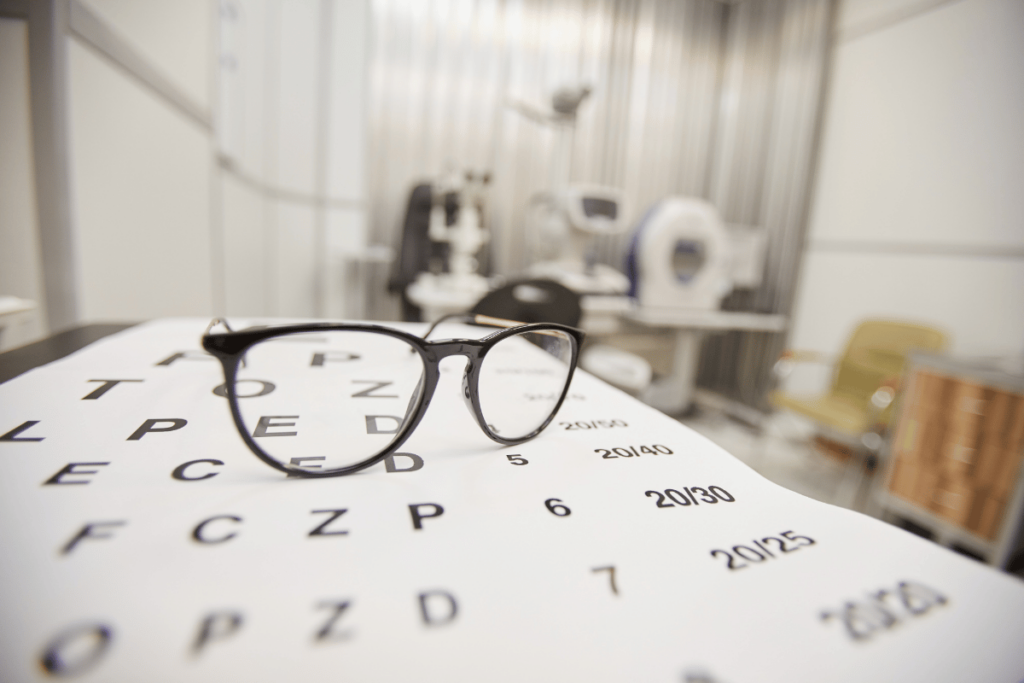Understanding the difference between medical and vision insurance is key to protecting your eye health and vision. Both play a role in keeping your eyes in good shape, but they cover different things. Whether you’re going in for a routine eye exam, need treatment for an eye condition, or just updating your glasses prescription, knowing what each insurance type covers can help you avoid unexpected costs.
What does vision insurance cover?
Vision insurance helps you take care of your eyes and vision needs. It generally covers routine eye exams, prescription glasses, contact lenses, and sometimes even discounts for LASIK surgery.
Vision insurance works like a “discount plan” for your eye care. It makes your annual eye exam more affordable and may also help with the cost of new glasses or contact lenses. The coverage can vary depending on the plan, but it’s designed to cover the common costs of keeping your eyes healthy and your vision clear.
What does medical insurance cover?
Medical insurance covers your overall healthcare needs. This includes everything from visits to your primary care physician to surgeries, prescriptions, and emergency eye care. It also covers medical conditions that affect your eyes. For example, if you have an eye injury, an eye infection, or a medical condition like diabetes that affects your vision, medical insurance will typically cover the treatment.
Routine eye exams and vision correction (like glasses or contacts) usually aren’t covered by your medical insurance. So, if you’re going in for a routine wellness eye exam or to update your prescription, medical insurance won’t typically cover that cost.
How do medical insurance and vision insurance work together?
There are certain situations where you might need both types of insurance. For example, let’s say you go for your routine eye exam, and during the exam, your eye doctor finds signs of a health issue like glaucoma or diabetic retinopathy. In this case, medical insurance would cover the treatment, as it’s considered a medical condition. But, if you’re getting an updated prescription for glasses or contacts, vision insurance would cover that part of the visit.
In some cases, you might need to schedule a separate medical eye exam if an eye condition is discovered during your routine eye exam. You would then use your medical insurance for the follow-up medical appointment.
Insurance plans we accept at ProEye Vision Center
As an in-network eye care provider, ProEye Vision Center works with a variety of insurance plans and accepts most PPO medical insurance plans to make sure you receive the best possible care.
Vision plans we accept:
- EyeMed
- VSP
- Superior Vision
- Avēsis
Medical insurance plans we accept:
- Blue Cross Blue Shield
- United Healthcare
- Medicare
- Cigna
- TRICARE
If you’re ever unsure about which insurance to use, we are here to help answer your questions and make sure you’re covered. Contact us today or use our online scheduler to book an eye exam in Omaha, Nebraska, or Lincoln, Nebraska.





